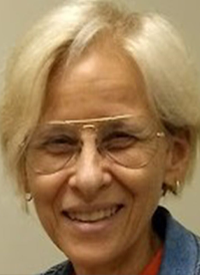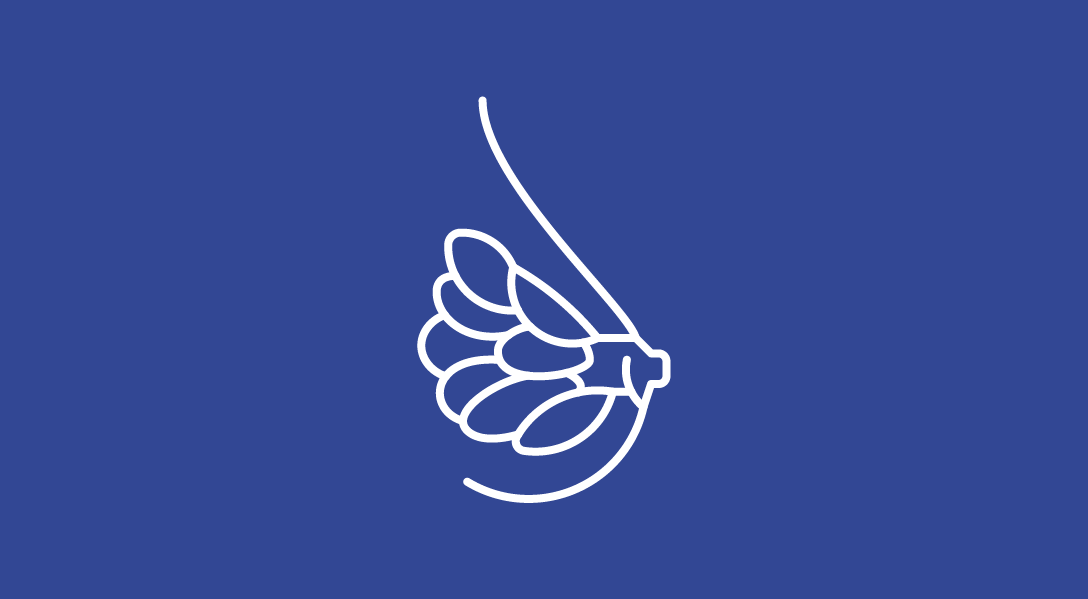Opinion: The Iris App Could Be a “Game-Changer” for Patients With Cancer
Iris app aims to leverage accessible technology to deliver supportive care to all patients with cancer.
Debi Fischer, MSW, BSN, BA, LCSW, RN

An e-poster presentation that caught my attention during the 48th Annual Oncology Nursing Society Conference in April highlighted the potential benefit of a new app called Iris. The app was developed by Oncohealth, and the presentation was authored by Amy Pilotte, ANP-BC, ACHPN, OCN, along with 5 other RNs—all of whom are associated with OncoHealth.
The idea behind the Iris app was to use technology to deliver supportive care to all patients with cancer. Specifically, it intends to provide patients living in rural areas, or areas without an oncologist, with access to holistic cancer treatment.
Iris is of interest to oncology RNs and social workers because it is designed to be like having those clinicians at your fingertips. In addition to the nursing and mental health offerings, the app also has a dietician onboard to look after nutritional needs of the patient with cancer. Through this app, there is someone for the patient to talk to in the middle of those long nights at home. Instead of calling the last hospital they were admitted at with questions or concerns, which I have seen often working in a surgical oncology unit, patients can access curated content and personalized care from their home.
The Need for the Platform
It came as a surprise to me to discover that 70% of US citizens live in counties without an oncologist. This figure is alarming. Thanks to advances in technology and medicine, there are more patients who have survived this disease; however, that has also increased the need for better survivorship and long-term supportive care.
That being said, nurses working in oncology are innovative and on the cutting edge. Nurses were the forces behind this new app, which was also developed in conjunction with other health care providers and insurance companies. According to Pilotte, “Recent evidence supports the demand for novel and accessible tools to improve the care of patients with cancer.”
How Iris Works
The first step, after determining if the patient is a candidate for this platform, is to have them download the app to their cell phone. Iris is a free service. They advertise the following: “24/7 oncology nurse support, oncology mental health therapy, and peer mentors.”
Patients can connect through a provided phone number manned by a nurse day or night. The line is always open. There is a chat option that also connects patients with nurses in real time. The nurses that are employed on this platform use evidence-based modalities to assess and care for patients. The RNs leverage validated measurements such as the Patient Health Questionnaire-4 and the patient-reported outcome common terminology criteria for adverse events to evaluate the care provided, and to see if they have made a difference in the patient’s particular case.
If there is a change in the patient’s status the Iris RN reports this to the oncologist and a new appointment is made with this health care provider. Follow-up is also scheduled if the patient receives any new treatment.
The designers behind Iris are also concerned with the emotional and spiritual toll that cancer takes on the patient. Patients with cancer can reach mental health clinicians through this platform. The mental health clinicians are all licensed providers that have experience working with this patient population. Like the nurses, they use evidence-based modalities to help care for these patients. The peer counselors available through the app have survived cancer and are trained in how to respond to the patient’s mental health needs during their interactions.
Implications for Nursing
As someone working in this specialty, I can attest to the need for up-to-the-minute real time information during the hospital stay and after. I would be curious to discover if hospitalized patients use this app when they are in the hospital. This could be a game changer for acutely ill patients looking for more information regarding their prognosis and their discharge plans.
Reference
Pilotte A, Boudinot L, Rush J, Suarez J, Gutshall L, Chowattuku, A. Multidisciplinary team embraces technology to advance support of cancer patients. Presented at 48th Annual Oncology Nursing Society Congress. April 25-30, 2023; San Antonio, TX. Accessed June 15, 2023. https://ons.confex.com/ons/2023/meetingapp.cgi/Paper/12427




